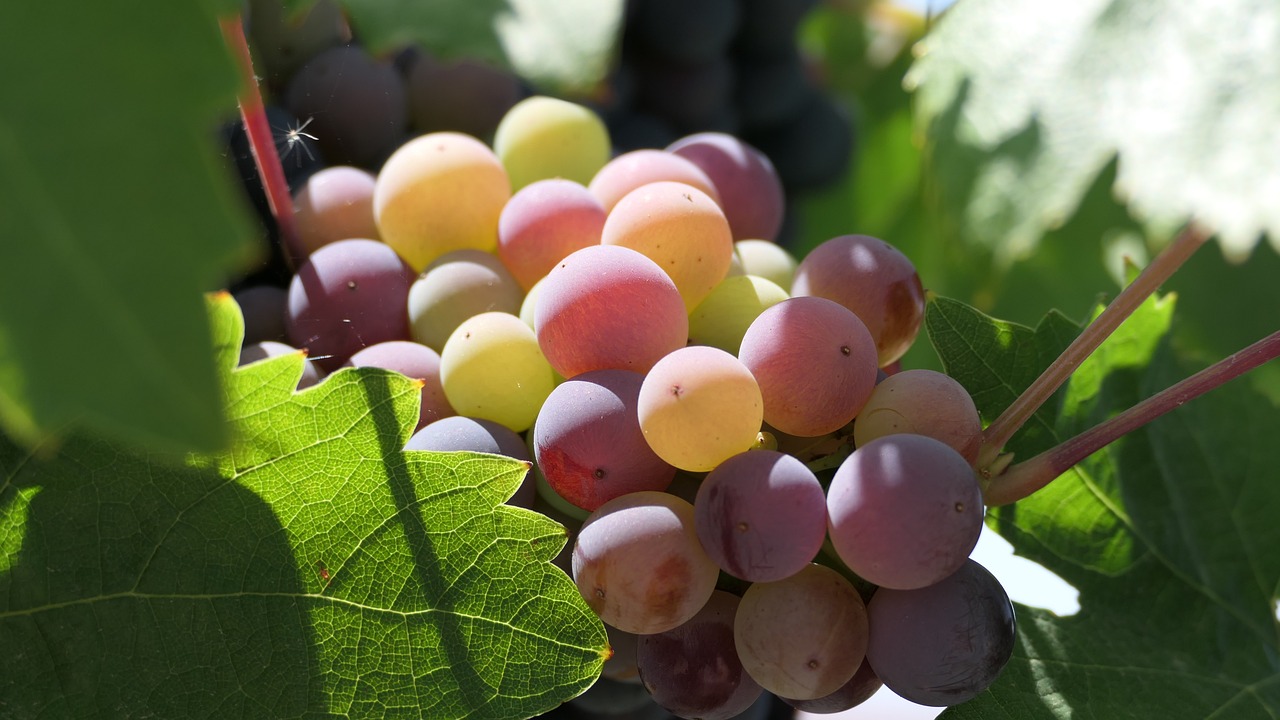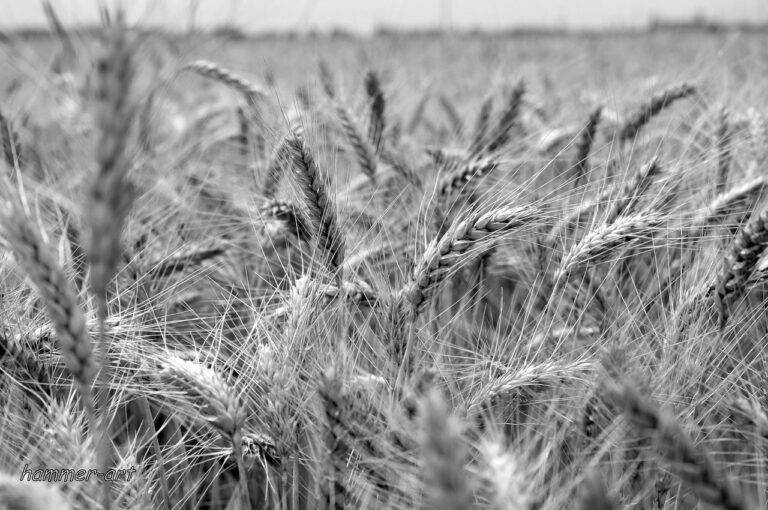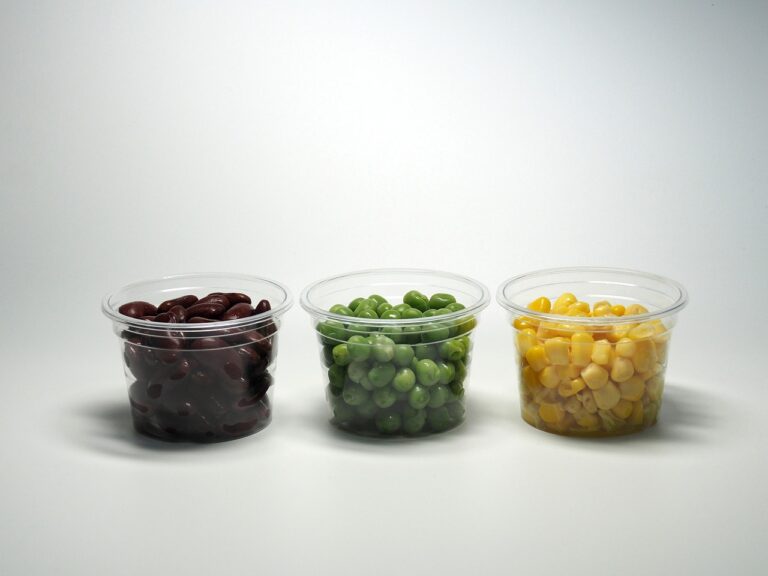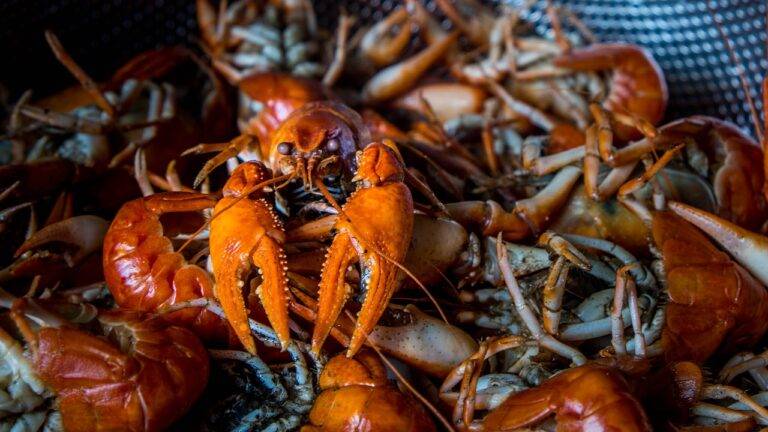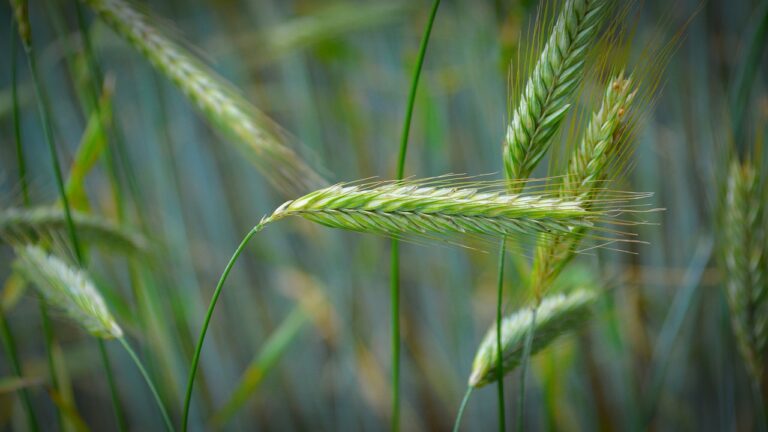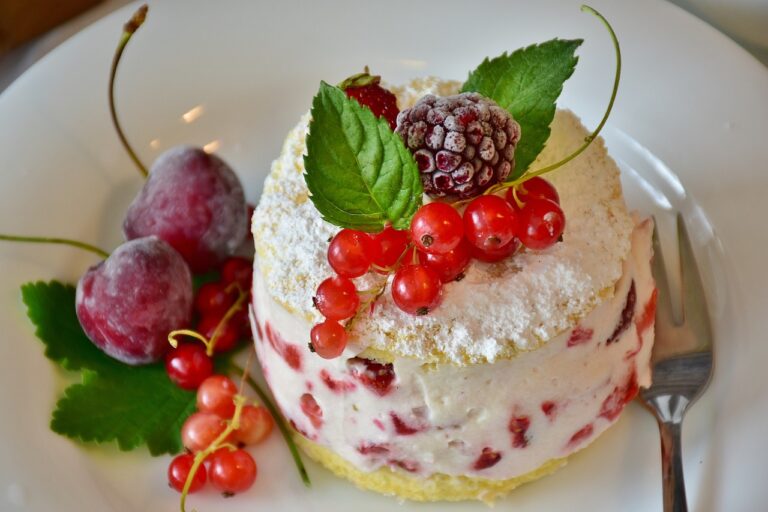The Role of Olive Oil in Enhancing Food Fluffiness: 11xplay pro, 24 betting login india, Skyinplay live login
11xplay pro, 24 betting login india, skyinplay live login: Olive oil is a versatile kitchen staple that has been prized for its health benefits and rich flavor for centuries. But did you know that olive oil can also play a crucial role in enhancing the fluffiness of your favorite foods? In this blog post, we will explore the various ways in which olive oil can help create lighter, fluffier dishes, from baked goods to savory dishes.
1. The Science Behind Fluffiness
Before we delve into the specific ways in which olive oil can enhance the fluffiness of your food, let’s take a moment to understand the science behind this culinary phenomenon. Fluffiness in food is primarily achieved through a combination of ingredients and cooking techniques that create air pockets within the food structure. These air pockets make the food lighter and more delicate, resulting in a fluffy texture that is pleasing to the palate.
2. Olive Oil and Baking
When it comes to baking, olive oil can be a game-changer in creating fluffy, moist baked goods. Olive oil adds richness and depth of flavor to cakes, muffins, and bread, while also contributing to a light and airy texture. Unlike butter, which can weigh down baked goods, olive oil helps to keep them tender and moist, resulting in a lighter, fluffier crumb.
3. Tips for Using Olive Oil in Baking
When using olive oil in baking, it’s important to choose the right type of olive oil for the job. Extra virgin olive oil is generally the best choice for baking, as it has a more delicate flavor and a lower smoke point than other types of olive oil. Additionally, be sure to measure your olive oil accurately, as too much or too little oil can affect the texture of your baked goods.
4. Olive Oil in Breads and Pastries
In bread and pastry making, olive oil can be a valuable ally in creating fluffy, light products. When added to bread dough or pastry dough, olive oil helps to soften the gluten strands, resulting in a more tender crumb. Olive oil also helps to trap air bubbles in the dough, creating a light and airy texture in the finished product.
5. Saut驮g and Frying with Olive Oil
Olive oil is not just for baking it can also be a key ingredient in creating fluffy, flavorful savory dishes. When saut驮g vegetables or frying meats, olive oil helps to create a crispy, golden exterior while keeping the interior moist and tender. The high smoke point of olive oil makes it a versatile choice for high-heat cooking methods, ensuring that your food cooks evenly and retains its fluffiness.
6. Enhancing Food Fluffiness with Olive Oil
In conclusion, olive oil can play a vital role in enhancing the fluffiness of a wide range of foods, from baked goods to savory dishes. By choosing the right type of olive oil and using it in the correct way, you can create light, airy dishes that are sure to impress your friends and family.
FAQs:
Q: Can any type of olive oil be used for enhancing food fluffiness?
A: While any type of olive oil can be used in cooking, extra virgin olive oil is generally the best choice for enhancing food fluffiness due to its delicate flavor and lower smoke point.
Q: How much olive oil should I use to enhance the fluffiness of my dishes?
A: The amount of olive oil you use will depend on the recipe you are following. Be sure to measure your olive oil accurately to ensure the desired texture in your dishes.
Q: Are there any other benefits to using olive oil in cooking?
A: In addition to enhancing food fluffiness, olive oil is also rich in healthy fats and antioxidants, making it a great choice for overall health and wellness.

